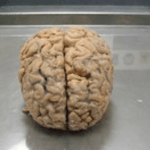Human activities
activities performed by humans.
You will also like...
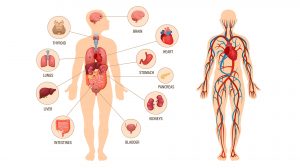
The Human Physiology
Physiology is the study of how living organisms function. Thus, human physiology deals specifically with the physiological attributes of the human body at various levels of organization, i.e. from cellular to tissue and ultimately, physiology at the biological system level. Human physiology is important because it imparts an in-depth understanding of the vital processes that..
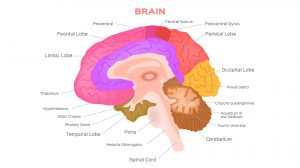
Human Neurology
Human Neurology deals essentially with the nervous system of humans. It also features the various theories put forward by prominent neurologists, such as Sigmund Freud and Carl Jung, and their analogies of the human brain and its inner workings. Objectives To impart information on the nervous system, particularly its cellular and physiological features To be..
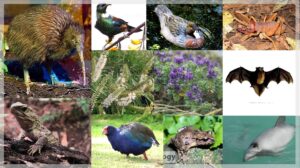
New Zealand’s Biodiversity
Find out more about New Zealand's unique biodiversity by exploring a range of different ecosystems and the key role of some endemic species in these ecosystems...
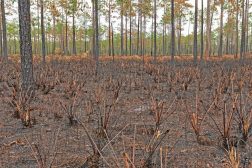
Ecosystem Succession
If the balance of nature is left untouched, landscapes can change dramatically over time. A previous ecosystem is superseded by the arrival of a newer ecosystem. This is known as ecosystem succession. Learn more about it here...

Abiotic Factors – Water Conditions
A still body of water may be disturbed by a variety of factors. One of them is wind. In fact, it is considered as the prime factor responsible for water disturbance. Such disturbance can affect the distribution of organisms in the habitat. This tutorial looks at how these abiotic factors affect the way in which organisms operate in the freshwater ecosystem...
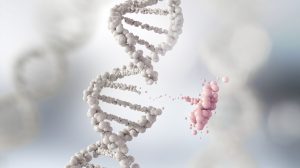
Control of Growth & Development
Control of Growth & Development tutorials look at how the genetic makeup determines the biological processes on a day to day basis. Various hormones are also described. Animals and plants produce hormones to incite and regulate their growth. However, growth is not only genetic and hormonal in nature. It may also depend on external factors,..

